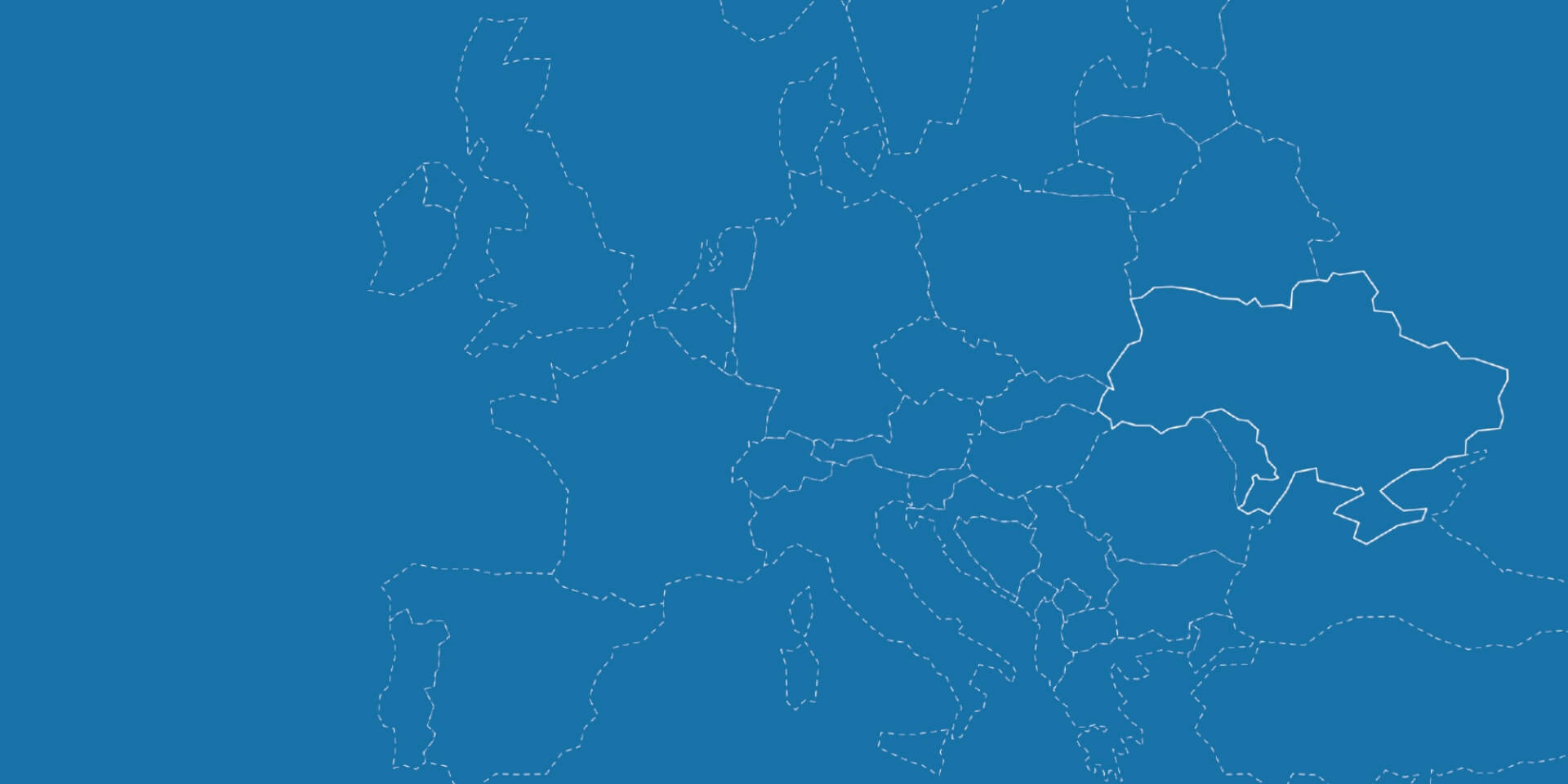
The report provides a helpful overview of current research needs of Ukrainian scholars abroad, which can enable more targeted and effective action. The authors are urging the research community and policy-makers to coordinate for a complex approach to assist displaced scientists with their current professional and personal needs, and to eventually facilitate an easier return to the country.
“While navigating the uncertainty of both their personal and professional lives, Ukrainian scholars express not only a great resilience and strength in coping with their current situation, but also a great level of care about the future of their home institutions and the post-war recovery of the Ukrainian science system.”
The report is based on 619 responses from Ukrainian scientists, which represent over 10% of all Ukrainian researchers abroad. The majority of the respondents represent social sciences (29%), followed by natural sciences (25%) and humanities (17%).
While some continue working for their home institutions, more than half are currently attached to a foreign institution through a scholarship, temporary employment, or, very rarely, a permanent position. If the war were to end in a few months, however, more than a third expressed a desire to return to Ukraine, with concrete proposals for the post-war recovery of Ukrainian science.
The situation remains challenging for most displaced Ukrainian scholars, with 85% seeking offers of support – preferably in a form long-term research grants, internships and employment. Lack of suitable opportunities, insufficient experience applying for external funding and language barriers reportedly make it difficult to apply for and to receive this support.
A 30-page report outlines many other aspects of professional and personal lives of displaced Ukrainian scientists. You can access it freely here, or read about the key results in this Twitter thread. The findings of this report will be further explored in a follow-up study.
The survey and the resulting report were prepared by #ScienceForUkraine, a grassroots initiative of an international group of volunteers with a mission to support the Ukrainian academic community in surviving the war, to help ensure the continuity of scientific advancements made by Ukrainian academics, and to strengthen their presence in the international science arena.
Statements, offers of assistance and resources on the current war in Ukraine
A continuously updated list of relevant resources